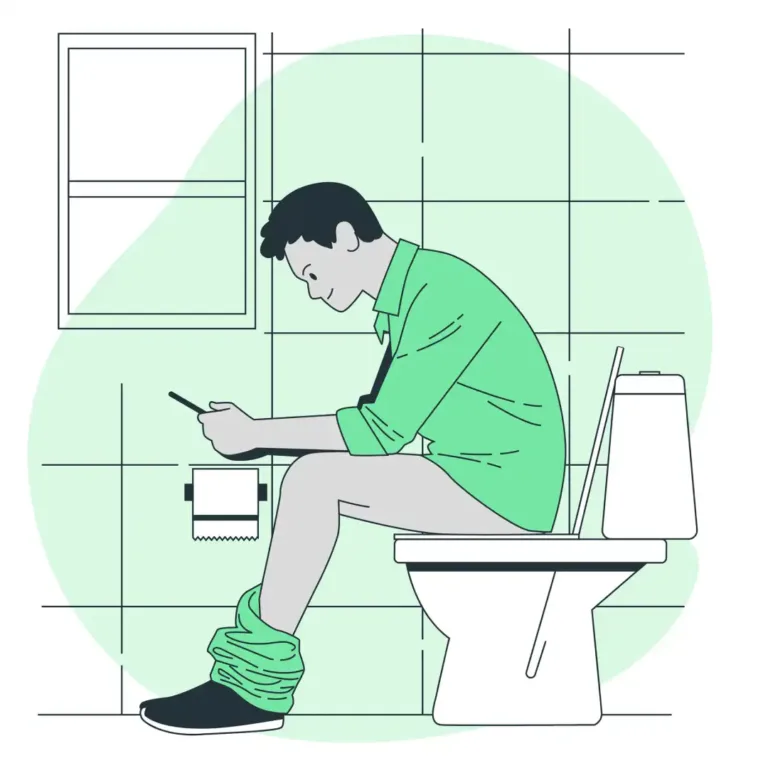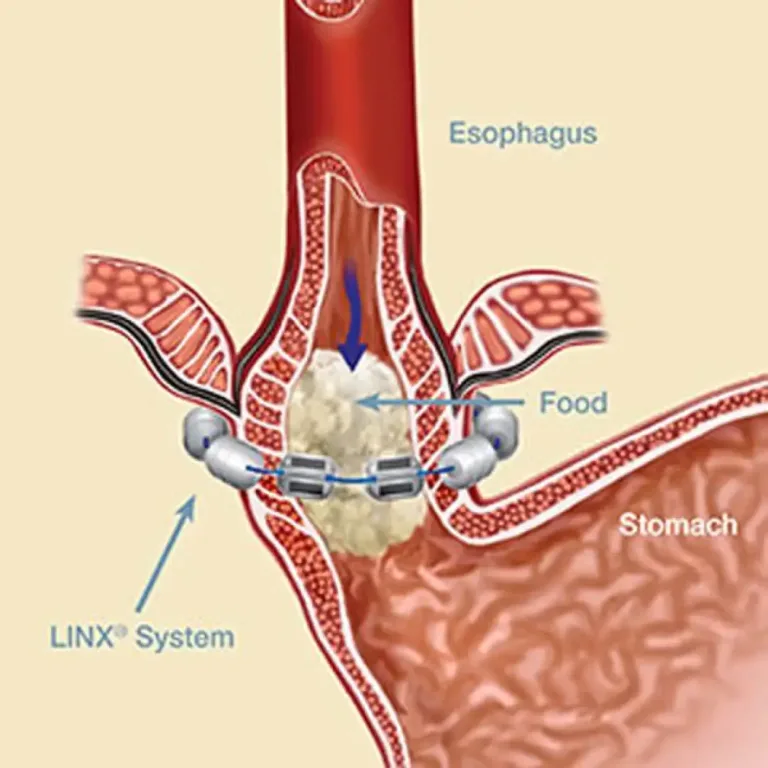What is transnasal gastroscopy?
Procedures
What is transnasal gastroscopy?
Transnasal gastroscopy (TNG) is a minimally invasive endoscopic procedure used to examine the inside of the upper gastrointestinal (GI) tract, including the esophagus, stomach, and duodenum. Unlike traditional gastroscopy, which is performed through the mouth and requires sedation, TNG is performed through the nose and does not require sedation. During the procedure, a flexible endoscope with a tiny camera on the end is passed through the nasal passages and into the GI tract, allowing the physician to visually inspect the inside of the upper GI tract. TNG is often used to diagnose and treat conditions such as acid reflux, ulcers, and other gastrointestinal problems.
Private transnasal gastroscopy
(transnasal endoscopy)
£1200-1650
Schedule an appointment
Related Articles
What is transnasal gastroscopy? Read More »













